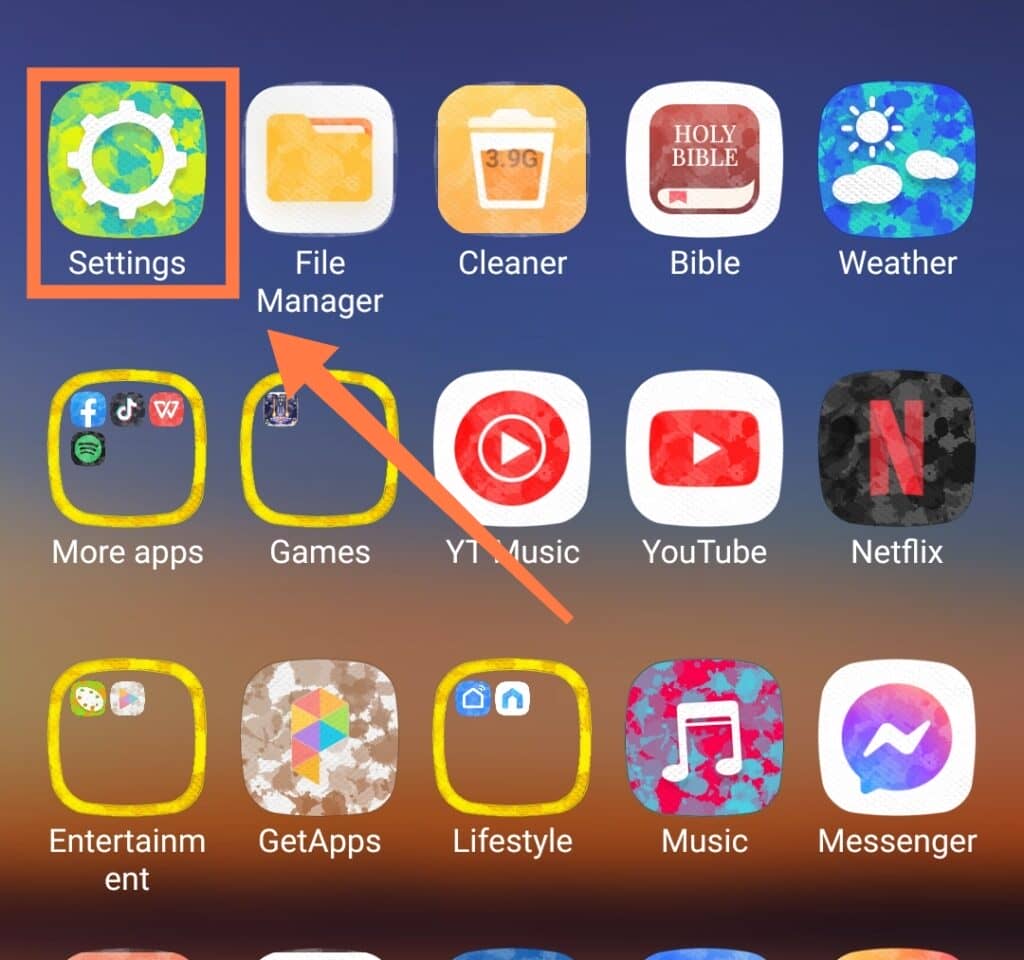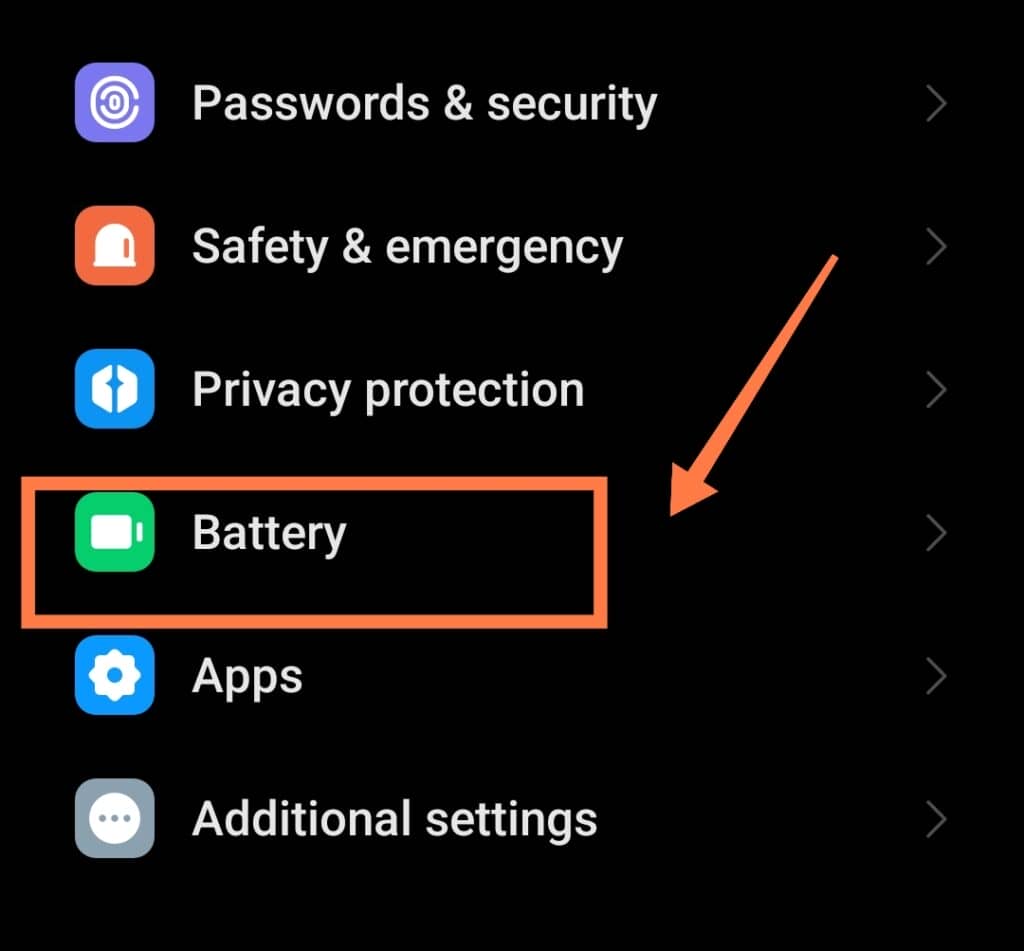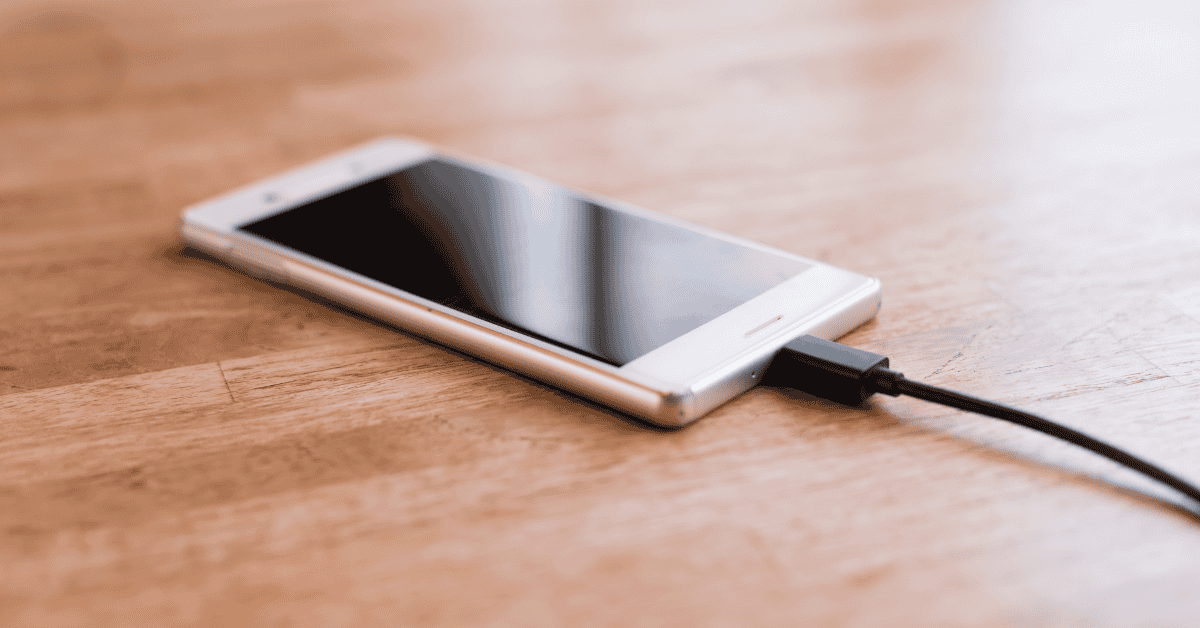Cellphones have become an essential tool for life in modern society, and we tend to have them on us almost constantly.
But what would happen if, for whatever reason (maybe we’ve fallen into another dimension while we’re out buying milk? Who can say) we end up leaving our phones plugged into their charger for an entire week?
Is leaving your phone plugged in for a week bad?
Fire, explosions, death?
Well, not so much.
In reality, very little will happen to your phone if you leave it charging for a week- as long as it does not become your regular charging method.
For the most part, you will be in the clear!
However, if you are open to adapting your charging habits, you may find that you can greatly increase the battery health and overall life of your phone.
These habits are simple and not at all difficult to learn or implement, so we strongly recommend that you do keep reading to find out charging best practices!
What are we Really Afraid of?

When we worry about leaving our cell phones attached to a charger for a week, what are we really concerned about?
Well, the most obvious concern is fiery, flaming, hot stuff they call fire, of course.
Can I Leave My Phone Plugged in for a Week? Will it Explode?
You can rest easy, as for most phone owners this is very unlikely.
Unless you have a faulty cellphone- like the infamous Samsung Galaxy 7- all modern phones come with capacity monitors or protection chips that keep them from setting alight (even if they feel really hot).
However, the possibility of your charger overheating is a reasonable concern, especially when you are fast-charging your phone and leaving it plugged in overnight.
Preventing your phone from overheating is a fairly simple process.
First of all, you should look into buying a smart charger.
A smart charger will switch off once your phone has been fully charged, so you can feel confident that your phone won’t overheat.
You can also keep your phone from overheating by switching to a slower charging process.
Older phone models, or phones prone to heating up when fast charging, will last longer if you take your time when charging them.
Switching off fast charging is an easy, quick process. Just follow the steps below:
- Go to your Settings

- Then, click on the Battery icon

- Select Charging
- Turn off Advanced Charging.
And it’s as simple as that!
There are also some at-home adjustments you can make to ensure your phone doesn’t overheat:
- Don’t charge your phone under your pillow.
- Don’t stack any objects on top of your phone while you are charging it.
- Don’t charge while you are using power-intensive apps like FaceTime
- If you can, taking your phone out of its case while charging as this will also help reduce overheating!
Can Your Phone Overcharge if You Leave it Plugged in for a Week?
Thankfully, the technology and hardware in your phone will prevent it from overcharging.
The capacity monitor and protection chips which keep your phone from overheating will also limit the phone’s charge once it reaches full capacity.
In other words: Your battery cannot ever charge beyond 100% of its capacity!
But, you do need to be aware that charging your phone for extended periods of time will cause it to “trickle charge”.
Trickle charging refers to a battery charging up to 100% and then continuing to top up to 100% once the power drops to 99%.
It will diminish the overall capacity of your phone’s battery over time due to the inherent charge cycles of the batteries themselves, which we’ll get into in a minute.
Will Leaving Your Phone Plugged in for a Week Damage the Battery?
Modern phone batteries are made of Lithium-ion. Lithium-ion batteries, unfortunately, have a limited lifespan.
Even if you are as kind and diligent with your phone’s battery as possible, it will have a limited time before it requires replacement.
From the moment a phone battery is first used, it will begin the process of decay.
Your battery capacity will diminish over time, and you will begin to notice that the time in between charging your phone will also gradually decrease.
When you first bought your phone you may have found that the battery lasted you a good 2 days without requiring topping up.
However, after owning the device for a while the battery could end up lasting a measly few hours before needing to be topped up again!
And while long charge times are not entirely responsible for this change, they do play a part.
The primary reason for this is something called “charge cycles”.
What is a Charge Cycle?

A charge cycle refers to the process of charging and then discharging from 100% of a phone’s battery’s capacity.
It does not necessarily relate to the number of times you charge your phone.
To better explain, let’s look at an example:
You use 75% of your phone’s battery power in one day, and then charge it to 100% overnight.
The following morning, you use up 25% of your battery scrolling through social media and hanging out on, well, Hangouts.
You have now used up a full charge cycle- even though your phone is now only down to 75 percent!
All batteries, including the lithium-ion batteries in your phones, have a limited amount of charge cycles in their lifetimes.
You can now use your understanding of charge cycles to extend the life of your batteries by never allowing it to charge to a full 100% or drop to 0% power.
Therefore, a good rule for extending the charge cycles of your phone is to only charge it to 80%, and then recharge it again when it reaches 20%.
There is also another action you can take to protect your phone battery’s life:
You should do your absolute best to keep your phone’s battery from draining completely.
Lithium-ion batteries have a parasitic effect that will come into play if your battery is on very low power levels, and this parasitic effect has the ability to permanently damage your battery cells.
The Last Charge

As an isolated event, leaving your phone plugged into a charger for a week will do very little noticeable damage to your battery.
So long as your device is not faulty, is not being covered by anything that could overheat it, and is not prone to battery heating due to model or age, you should not have any malfunction, fires, or explosions imminent.
There are also steps you can take to limit the fast-charging of your phone, which will further limit overheating issues.
Smartphones come with protection chips that keep overcharging at bay, although trickle charging will, over time, diminish the capacity of your phone.
It is important to note that no matter how hard you try, batteries have a limited shelf life and eventually will decay beyond repair.
You can take steps to prolong the life of your battery, but if you are constantly being inconvenienced by very short battery life durations, it may be easier to simply buy a new battery.
Finally, keep in mind that while leaving chargers plugged into the wall may be super convenient, there is still power running through it even if the charger is not actively charging anything.
Given our ever-warming planet and rising power costs, saving every little bit of electricity can only help!
